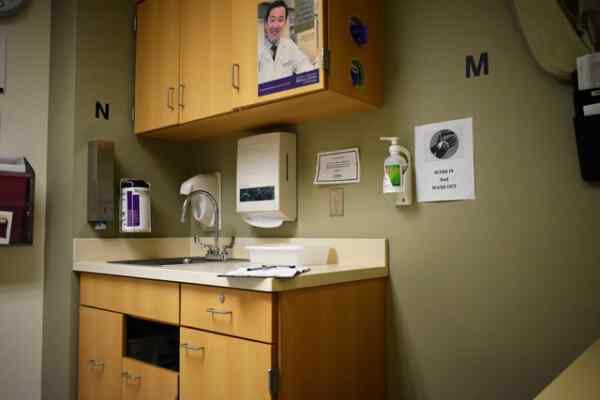There is no doubt that we are living in a world where the truth is in danger of being eclipsed. But what exactly is the truth being eclipsed by? Bad ideas? Bad information?
We disagree. We hate and attack. As humans, we often excel in pointing out the speck in another’s eye. In other words: we find it easy to be pessimistic.
Often, we frame that speck in the eye of another as a lack of knowledge. When we disagree with a person, we tend to think (or say), “they need to get their facts straight.” People tend to revere facts and discredit opinions. For many, the solution is research, learning, and science. If we could just deliver the right facts to people, the work would be complete.
This is an oversimplification.
After all, opinions are not intrinsically bad. They are not inherently untrue or, even when they are, without value or merit. An opinion is not something that is false; it is just something that cannot be proved.
There is way too much overreaching in many sectors of today’s society. Scientific and religious sectors claim a fact but are really offering an opinion. Our world is extreme and polarizing. Any room for doubt or disagreement feels like an invitation for “the other side” to swoop in and interrupt the narrative. In order to make truth claims, we present our opinions as facts. In the process, we miss the value of both truth and opinion… and the complexity with which they intertwine.
Fact and Opinion
A few weeks ago, my wife and I went to see the doctor. We were talking on the way home about the idea of “a second opinion”. Medical experts often say: “in my medical opinion…”

What doctors are doing is showing us the complicated relationship between fact and opinion. Almost all facts require some sort of interpretation. We can discover a fact, an irrefutably true one, and still be extremely wrong in how we talk about it. The fact we are referencing does not create a magic forcefield around our opinion concerning that fact.
What is important here, I believe, is that humans need to do better at discerning the difference between fact and opinion, and the relationship between the two. The truth is that when we are talking about facts, there is almost always an element of opinion that slips into the conversation. We are interpreting or applying facts, and we all do that in different ways. Some more truly than others.
Once again, this is not a bad thing. This is how it is supposed to be. The danger comes when we ignore the reality of what we are doing. When opinion sneaks up on us and manifests itself in our blind spots. Either we do not realize or refuse to acknowledge that we are talking about faith or application or interpretation. We assume we are communicating the facts and only the facts, just scooting them from our consciousness to our neighbor’s. This is a form of self-deception.
Even opinions that are “based in fact” can be wrong. Conversely, opinions that are based on falsity can occasionally be right in spite of their shaky foundation.
All of this makes relating to one another and discerning one’s own character messy and complicated.
As we plead with our fellow humans to do research, become more educated, and learn more facts, I worry that we are only addressing part of the problem. We have to go a step further than simply “knowing the right answers.” We have to be able to form opinions based on those facts in order to properly perceive the world.
Of course, we are very concerned with how other people are treating facts and opinions, and all too unaware of how we are navigating it ourselves. We assume a lot of internal rightness.
Our world does not need less opinions. We need less bad opinions. More informed opinions. More critical thinking. We need to be better at taking the holistic approach to knowledge, learning, and communicating with one another.




